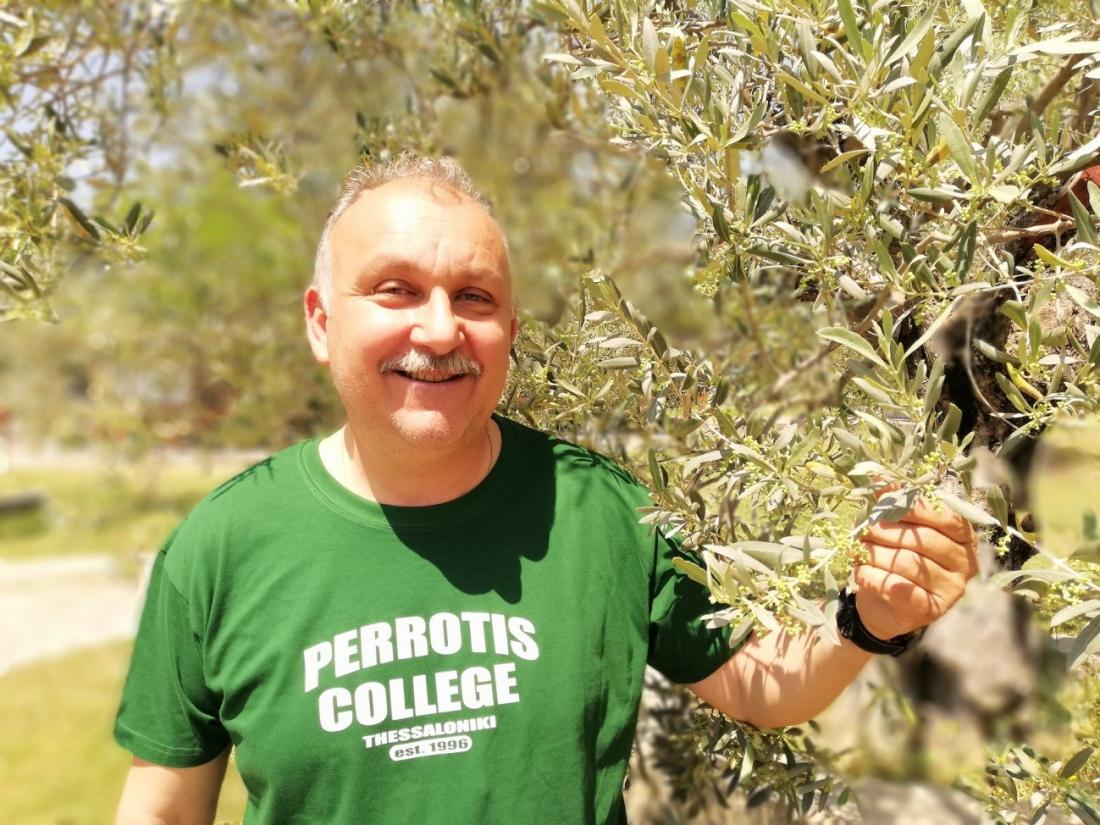ARTOLIO partner Athanasios Gertsis, from Thessaloniki, Greece: "The olive farmers were very enthusiastic about the use of new technologies and proposed management practices by the ARTOLIO Project."

ARTOLIO strives for a future where innovation, sustainability and strategic marketing can meet the traditional nature of the small producers in the extra virgin olive oil market. To ensure its success, it is made up by a team of professionals, each of them connoisseurs of their own field. The past two years have been dedicated mainly to the betterment of the production, both in quality and from an environmental perspective. However, there are still some matters to be addressed in the last third of the project.
Athanasios Gertsis, agricultural consultant at the Perrotis College American Farm School and ARTOLIO partner of Thessaloniki, Greece, addresses the main concerns and achievements of the project in his region. While monitoring the olive production cycle of their farmers from an agronomic point of view, he strives for a sustainable management, the introduction of new technologies for the improvement of said management, the installation of Automated Weather Station using spraying drones. Following these directions, the farmers and millers have achieved a measurable improvement, even though they were reticent to follow instructions at first.
“I demonstrated to the local participants the use of spraying drones and foliar application of bio stimulants. Then, I set up an experiment by spraying half their designated groves with the drone. I also installed three weather stations, with telemetric functions to monitor the weather variables and provide consulting services for irrigation and crop protection”, adds Athanasios, when asked about his contributions to the farmers. He truly believes these practices, where technology becomes a central piece of the tending and harvesting process is the future of local farming. “The olive farmers were very enthusiastic about the use of new technologies and proposed management practices by the ARTOLIO Project, even if some of them did not follow all our suggestions in the beginning. Eventually, throughout the second year, when they observed the different advantages of the implemented changes, they started collaborating more with us.”









